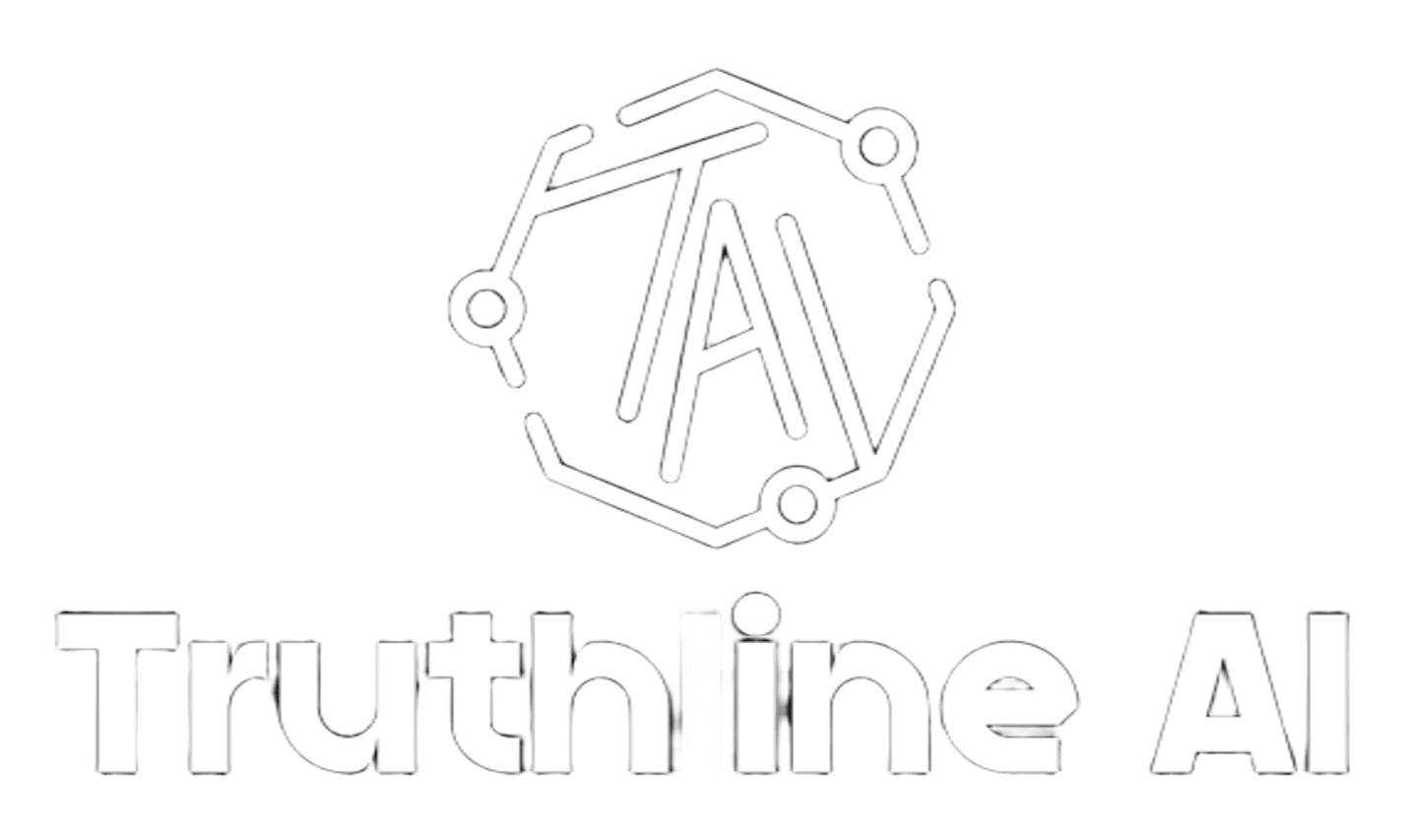Analysis of Business Daily (July 14 Edition): Track, Tone, Framing & Editorial Agenda
Track (Content Focus & Recurring Themes)
The Business Daily maintains a strong economic and policy-oriented track with consistent focus on taxation and fiscal policy, economic challenges, sustainability and innovation, corporate and investment trends, and tourism and wildlife economics. The newspaper prioritizes market-driven solutions and examines the impact of government policyon the private sector. Economic struggles are frequently framed as issues requiring structural reforms and smart taxation, reinforcing a vision of resilience anchored in policy refinement and private enterprise.
Tone (Language & Attitude)
The overall tone is cautious, data-driven, and analytical, often highlighting economic risks without resorting to sensationalism. It advocates for progressive solutions such as AI development in Africa, agroecology, and tax incentives, presenting them as pragmatic responses to complex challenges. While it does point out fiscal shortfalls, the newspaper leans toward suggesting policy adjustments rather than delivering harsh condemnations. Despite its focus on challenges, it remains keen to spotlight investment opportunities, maintaining an undercurrent of pragmatic optimism.
Framing (How Issues Are Presented)
The Business Daily frames discussions such as taxation and the SDGs (as seen on Page 24) with an emphasis on revenue mobilization rather than wealth redistribution. Economic problems, including bank liquidity issues and struggling firms, are treated as market inefficiencies that can be corrected through thoughtful policy fixes, rather than being portrayed as signs of systemic failure. Emerging sectors like AI and agroecology are framed as key drivers of Africa’s future, in alignment with global development trends, reinforcing a forward-looking, solution-oriented narrative.
Editorial Agenda (Subtle Biases & Perspectives Promoted)
The newspaper’s editorial stance reveals a clear preference for tax cuts, financial incentives, and deregulation, illustrated by favorable coverage of initiatives such as NIFC benefits. It places strong emphasis on private sector-led growth, giving comparatively less attention to social welfare spending as a primary solution. There is also robust advocacy for digital transformation, especially in areas like AI and fintech, which are consistently presented as crucial levers for Africa’s growth. While the paper notes issues such as KRA’s revenue drop and KWS’s budget deficit, it stops short of deep or scathing criticism of fiscal mismanagement, instead pushing for efficiency-driven reforms.
Conclusion
Overall, the Business Daily champions a pro-market, reform-driven agenda, highlighting tax incentives, private sector growth, and digital innovation as the paths to solving Kenya’s economic challenges. It consistently frames issues as correctable inefficiencies rather than entrenched systemic failures. Its balanced tone combines cautious risk assessment with optimism for tech-driven development, subtly but clearly favoring business-friendly policies over structural or welfare-based interventions.
